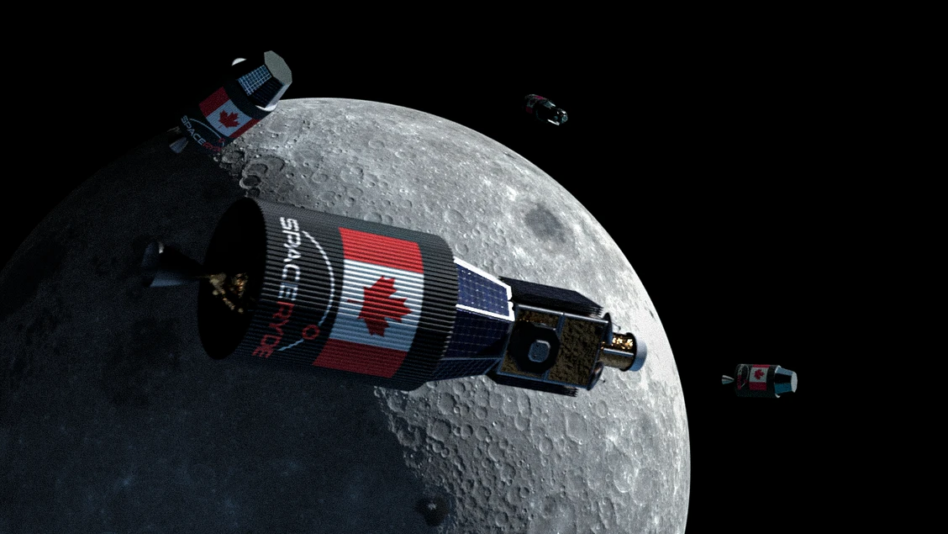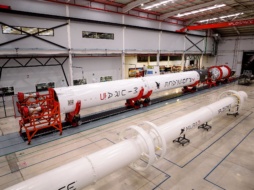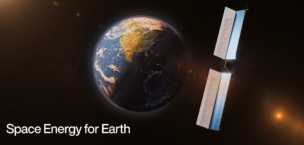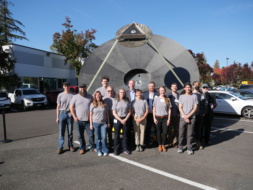SpaceRyde appears to be shutting its doors.
The Canadian launch company building an inexpensive small-lift rocket with a balloon first stage filed for bankruptcy on Friday.
The story so far: Over the last few years, SpaceRyde has been building a system that would use a stratospheric balloon to lift the vacuum-optimized Ryder rocket above 99% of the atmosphere, release the vehicle, and ignite its engines.
The business model was simple: offer a $250,000 flat fee to launch payloads under 25 kg, then an additional $10,000 per kg up to a maximum payload mass of 150 kg and max price of $1M per launch.
The company’s ambitions went beyond small-lift launch. The final stage of each Ryder was designed to act as an in-space vehicle. Ultimately, SpaceRyde aimed to build a network of these vehicles. SpaceRyde also designed and built a gimbaling rocket engine in house.
In June 2022, SpaceRyde opened Canada’s first orbital-class rocket factory in Concord, Ontario. The 25,000 sq ft facility hosted all manufacturing operations, from the rocket to the gimbaling engines to the “Flying Spider” balloon stage.
Commercial operations were scheduled to begin in 2024. The startup had announced a few flights on its manifest, including four launches for Netherlands launch services provider ISILaunch, and an agreement with Qosmosys, a company designing an in-space satellite racing game.
Local trouble: The company’s engine testing facility in the Trent Hills municipality of Ontario, about two hours from Toronto, has caught flak from local groups for allegedly violating noise ordinances. A Change.org petition to stop engine testing in the rural lot has garnered over 800 signatures. In October, the municipality asked SpaceRyde to stop engine testing. The company agreed, performing its last engine test at the Trent Hills facility on Oct. 6.
The balloon pops: The startup filed for bankruptcy under section 49 of the Bankruptcy and Insolvency Act in Canada and named Deloitte Restructuring a trustee of the company’s estate. SpaceRyde CEO Sohrab Haghighat declined to comment at this time.




